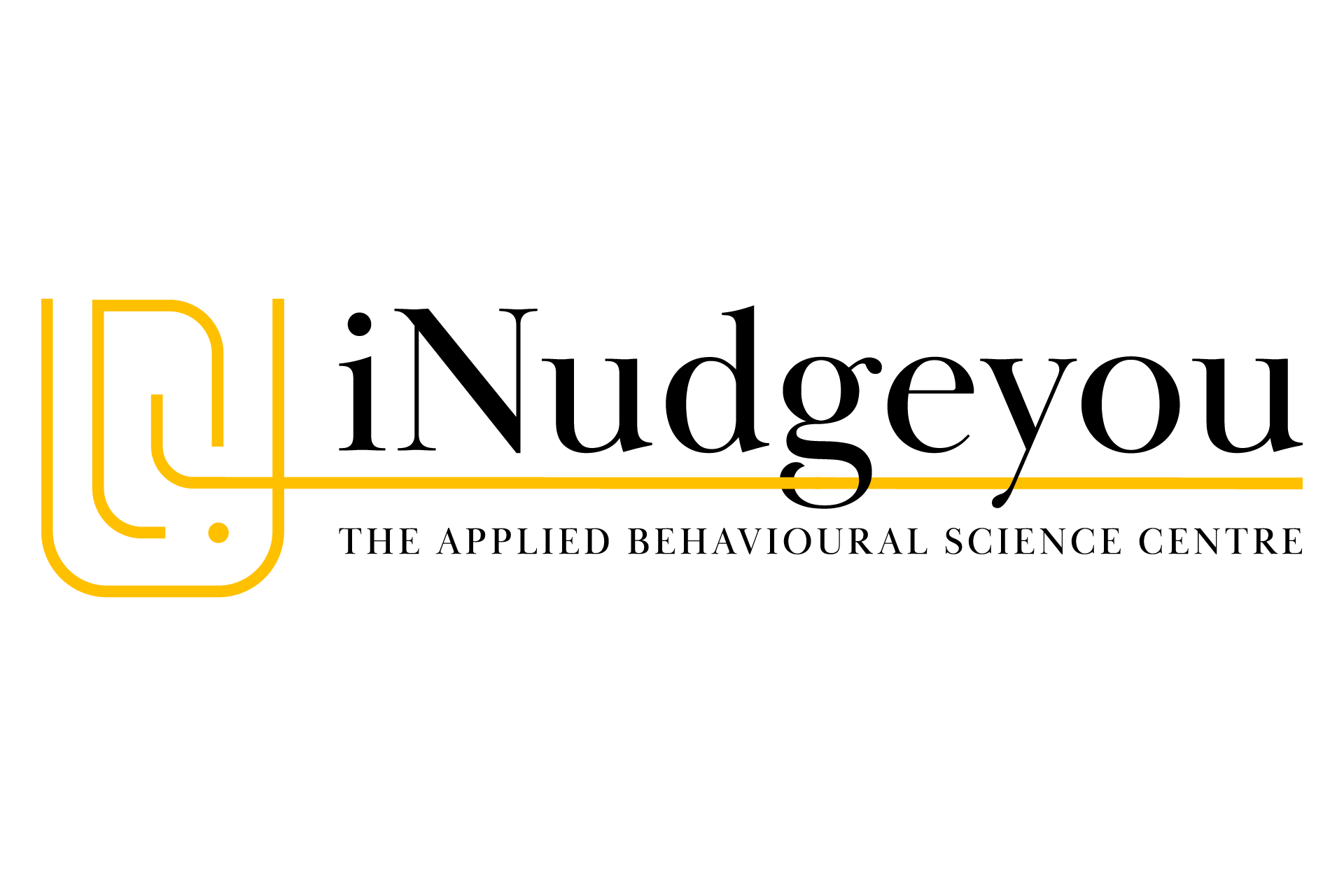PROJECT COLLABORATIONS
An evidence based approach to behaviour change
Would you like to know more about our projects?
Contact: Caroline Gundersen
3133 2442
caroline@inudgeyou.com
Behavioural change is our passion. That is what drives us. We support our clients and collaborators throughout all of the behavioural change process; from the identification and specification of behavioural problems, to the implementation of nudge solutions. We strive for high quality work, honesty and scientifically evidence-based solutions.
At iNudgeyou, we have worked with nudging and applied behavioural science since 2010. Our team is highly specialised in applied behavioural science and is recognised around the world within the field of nudging. In all of our projects we are fully dedicated to deliver the best possible performance while still being ethically responsible for any of our nudge interventions implemented out in the world. Our ethical approach to implementing nudges, ensures wide acceptance among client employers as well as employees. Our thorough scientific understanding of human behaviour combined with extensive practical knowledge, makes us one of the leading teams in the industry.
We help our clients with:
- Identifying behavioural problems and specify the wanted behavioural patterns.
- Identifying theoretical and empirical explanations regarding the behavioural problem at hand.
- Developing nudge solutions.
- Designing and conducting experiments in order to test and evaluate the effectiveness of the employed nudge solution.
- Implementing nudges.
Our approach and methods
At iNudgeyou we have a “diagnostic” approach to solving behavioural problems. That is, we do not develop behavioural solutions before we are able to make a solid and qualified estimate of what may cause the behavioural problem at hand.
Our diagnostic approach to behavioural change increases the probability of identifying the right causes of the problem, and thus developing effective nudge solutions. Therefore, we are particularly concerned with the preliminary analyses of the behavioural problems.
When solving practical problems for our clients, we apply our diagnostic model, BASIC©, developed by Ph.D. and behavioural scientist, Pelle Guldborg Hansen. We utilise BASIC© as a screening tool to ensure that the causes of the behavioural problem are systematically investigated. Further analyses of the behavioural causes are typically supported by:
- Literature reviews
- Observational studies
- Interviews
- Statistical analyses of behavioural data
When the behavioural causes have been identified, BASIC© is once again applied during the development of the potential solutions that are likely to attenuate the problem.
We are strong proponents of close partnerships throughout all of the change process. In our experience, this ensures correct identification and analysis of the behavioural problem as well as making sure that the developed solutions are realistic and tailored to fit the organisational context of the client.
Applied Behavioural Research:
We have conducted numerous behavioural experiments since 2010, and during the years we have expanded our knowledge and expertise. Therefore, we have acquired a better understanding of what works and more importantly, what does not work in a wide variety of contexts.
Conducting experiments, whether small and large scale, is important, since it provides valuable knowledge about the effectiveness of nudges. This knowledge is greatly preferred in advance before any comprehensive implementation takes place in practice.
Our Experience:
- Healthcare Sector: medication adherence programmes, behaviourally informed awareness and early diagnosis campaigns.
- Energy Sector: energy use reduction programs targeting residential, commercial and industrial domains.
- Transportation Sector: optimization of boarding processes for airlines, passenger flow management at airports and improvement of automated immigration processes.
- Public Policy: partnership programmes for behaviourally informed public policy development in areas of health, citizen well-being and urban safety.
- Workplace Health & Safety: projects for behavioural change aiming at accidents prevention and mitigation of occupational risks.
- Management and Decision Making: choice architecture applied to high-stakes decisions, improvement of time and accuracy applied to forecasting processes and long-range projections.
- People Flow: solutions to bottleneck problems, queuing behaviour, subjective time perception.
- Tourism Sector: overtourism interventions, route optimization and tourist counter-seasonal projects.
- Agricultural Sector: behavioural change projects for pest prevention and behaviourally driven processes to improve judgement and decision making at farms.
- Retail Management: optimization of layouts, choice architecture and improvement of user experience.
- Financial Sector: decision architecture for debt reduction and behavioural compliance interventions to optimize retirement savings and investment decisions.
- Environment, Sustainability and Circular Economy: circular economy and sustainability projects, recycling behaviour and solutions to reduce carbon footprint in organizations.

